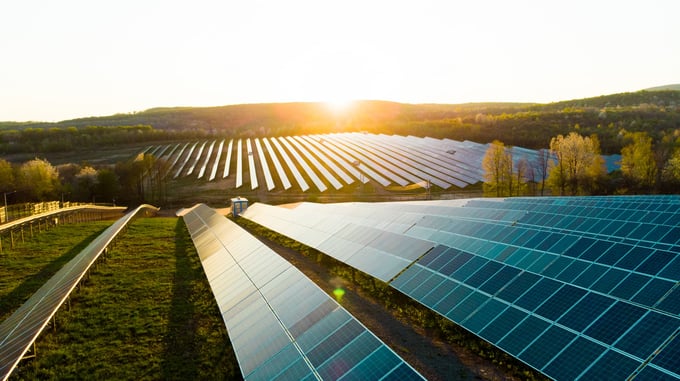As the European Commission wrangles over important hydrogen legislation, one concept is at the heart of the debate: additionality. A coalition of climate organisations wrote to Ursula von der Leyen in November over their concerns that attempts to “water down the principle of additionality” will render the EU’s new hydrogen policy completely ineffective in climate terms.
Meanwhile, UK business customers are also becoming increasingly aware of the concept. Many will first have come across it in the world of carbon offsets, as it has long been a key way to identify whether or not an offset scheme is making a genuine difference to overall emissions. Now that the electricity sector has borrowed the term, many businesses see additionality as an essential part of their strategy to decarbonise their electricity supply.
The most recent guidance from the UK Green Buildings Council (UKGBC) describes additionality as “critical” to the quality of energy procurement. Businesses following the UKGBC guidance will be clear that their energy procurement has to result in “new installed renewable energy capacity that otherwise would not have been possible”. They are increasingly aware of the fact that around a third of the electricity supplied through “green” tariffs in the UK at the moment lacks this key quality of additionality. As we explain in our recent report on trends and opportunities for energy retailers, the debate on REGOs has entered the mainstream. Business customers seeking to procure renewable energy are increasingly wary of greenwash.
Responding to scrutiny
Businesses are coming under pressure from a variety of different directions: regulatory obligations that mean they must report accurately on their carbon emissions, alongside pressure from investors, customers and the wider public. As they come under increasing scrutiny themselves, businesses are starting to ask energy suppliers hard questions about their energy sourcing. Whether it’s a CPPA or an ordinary supply contract, they want evidence that their supplier is working to maximise the proportion of renewables in the mix, while still keeping the lights on.
This is one of the reasons why on-site generation is an increasingly popular option for UK businesses – accountability and transparency. It is also the reason why high-volume customers are no longer satisfied with a “green” supply tariff or CPPA that operates on the basis of annual reconciliation. There just isn’t enough granular data for them to be sure that their energy spend is supporting the generation of new renewables: the magic quality of additionality.
Drive for energy transparency
Meanwhile, the UK government is aware that many energy retailers are falling short of what is required. 2022 is likely to see a shake-up on energy policy that requires suppliers to offer more transparent, useful data. The government is aware that suppliers have the power to influence the proportion of renewables in the grid mix through the way they choose to buy their energy. A recent government consultation document says that the few suppliers who offer genuine additionality have done more to support investment in green energy generation than government schemes. Now the plan is to harness that potential with a regulatory framework that pushes more suppliers into making better choices.
The energy sector is entering into a period of extensive change, and suppliers who don’t stay on top of these changes could end up left behind. But those who get ahead of the curve will be tapping into a growing market with huge potential. To get ahead of the competition, download our free report: Trends and opportunities for energy retailers in a net zero market.




